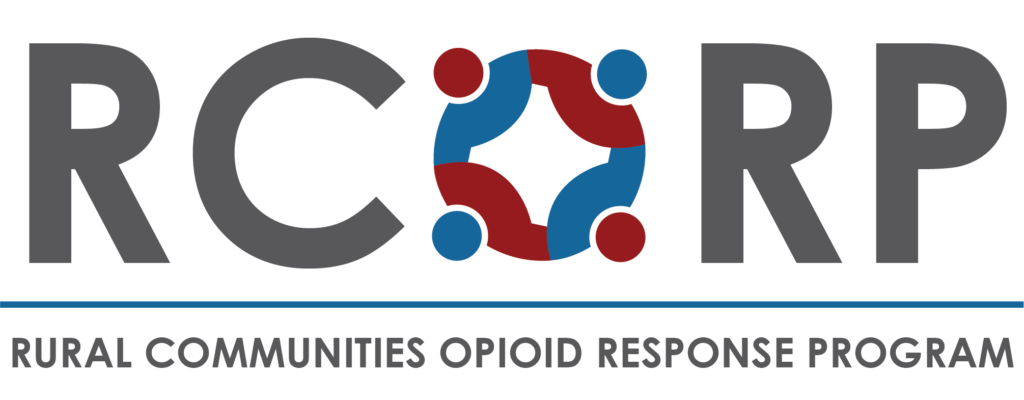Explore a research article about various characteristics of rural and urban recovery housing programs.
ABSTRACT: “Study objectives were to survey rural and urban recovery house owners/operators on their existing National Alliance for Recovery Residences-like (NARR-like) house programs/policies, and delineate rural–urban differences to raise awareness of NARR standards that align with current recovery house policies/programs and to inform new/enhance existing NARR standards. An electronic survey was developed and disseminated to 112 identified recovery houses in Kentucky. There was a 77% survey response rate. Rural recovery houses were more likely to have provisions in place for persons with disabilities, require clinical services participation, and have a stricter return-to-use policy. Work and/or school requirements in recovery houses were associated with resident stability and house expectations for community integration. Understanding differences in existing NARR-like rural versus urban recovery house policies and programs is necessary to raise state-led NARR affiliate awareness of differential recovery house training and support service needs that can best ready recovery houses for NARR certification.”

